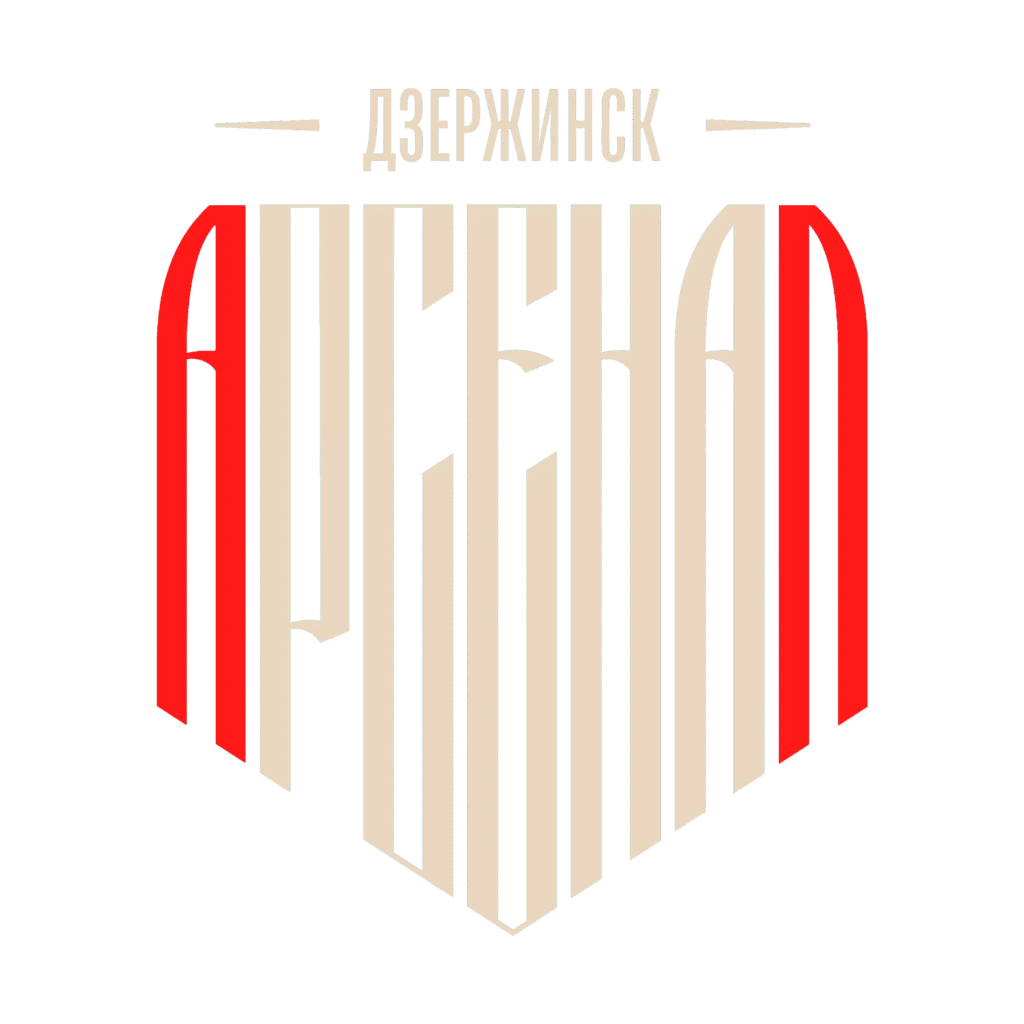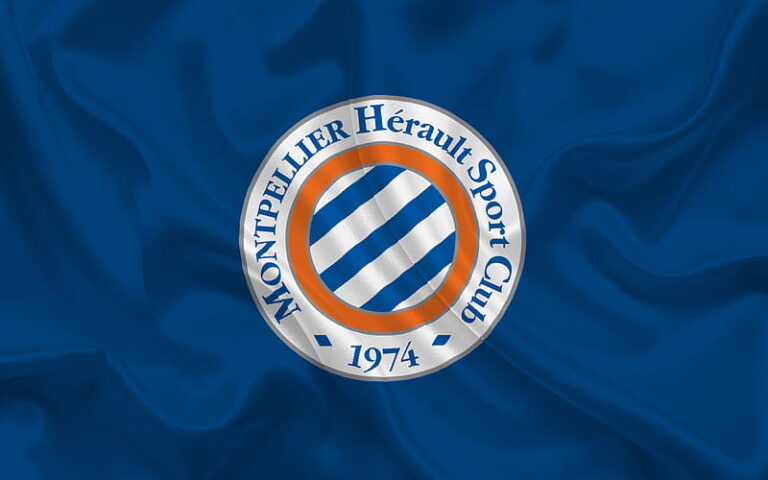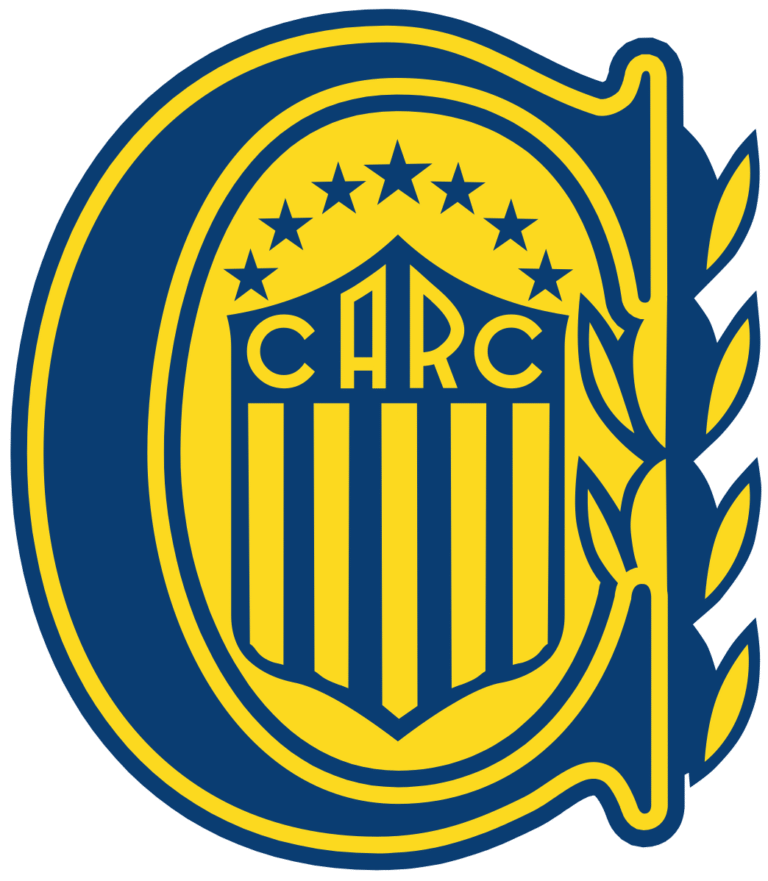
Arsenal Dzerzhinsk FC
Arsenal Dzerzhinsk FC is a distinguished football club that has become an integral part of Belarusian football culture. Known for its passionate fan base and strong community presence, Arsenal Dzerzhinsk FC continues to develop its identity both on and off the pitch. This comprehensive overview explores the history, development, and current standing of the club, providing insights into what makes Arsenal Dzerzhinsk FC a notable name in Belarusian sports RR88.
The History and Origins of Arsenal Dzerzhinsk FC
Understanding Arsenal Dzerzhinsk FC begins with exploring its roots and the journey it has undertaken over the decades.
The history of Arsenal Dzerzhinsk FC is deeply intertwined with the socio-economic evolution of the city of Dzerzhinsk and the broader region. Founded in the mid-20th century, the club initially started as a local team representing the industrial sector, which was a common practice during the Soviet era, where sports teams often associated with specific factories or industries.
The early years of the club were marked by modest successes and numerous challenges. During this period, Arsenal Dzerzhinsk FC played mainly in regional competitions, gradually building a reputation for resilience and determination. The club’s infrastructure was minimal at first, relying heavily on community support and local talent. Despite these humble beginnings, the club’s passionate supporters kept the spirit alive, fostering a sense of unity and pride that would carry the team through various phases of growth.
In the 1990s, following the dissolution of the Soviet Union, Belarus underwent significant political and economic transformations, which also affected local sports organizations. Arsenal Dzerzhinsk FC faced new challenges such as financial instability and competition for talent with larger clubs. However, this era also brought opportunities for modernization and restructuring. The club began to invest more in youth development and infrastructure, aiming to elevate its status within the national league system.
Throughout the 2000s and 2010s, Arsenal Dzerzhinsk FC experienced fluctuating fortunes—occasionally climbing the ranks of national competitions and sometimes facing relegation. These periods of instability tested the resilience of the club but also galvanized its supporters and management to focus on sustainable growth. Under new leadership, the club adopted strategic plans emphasizing youth academies, community engagement, and modern training facilities.

